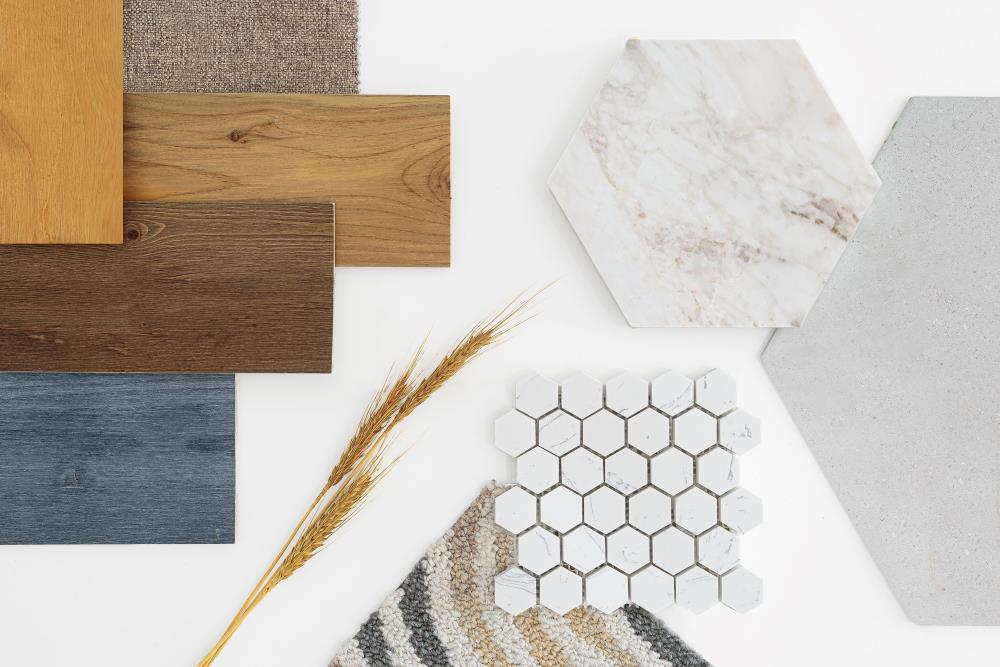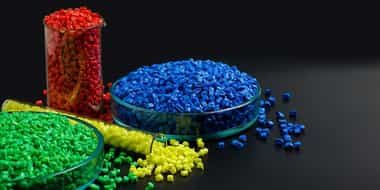
Aug 18, 2025
As the world approaches sustainable construction practices, engineered wood becomes a go-to material for architects, builders, and furniture makers. But behind every strong, durable wood panel lies an unsung hero, engineered wood adhesives. These specialized adhesives are the invisible force holding everything together, offering strength and sustainability.
According to BCC Research, the global engineered wood adhesives market will grow from $5.3 billion in 2025 to $6.5 billion by 2030, registering a compound annual growth rate (CAGR) of 4.1% during the forecast period. This steady growth highlights adhesives' essential role in the expanding engineered wood industry.

Engineered wood adhesives are bonding agents used to hold together layers of wood in products like plywood, particleboard, oriented strand board (OSB), laminated veneer lumber (LVL), and medium-density fiberboard (MDF). These adhesives ensure structural integrity, moisture resistance, and longevity.
Common types include:
These adhesives allow engineered wood products to mimic or outperform solid wood in strength, flexibility, and versatility while using fewer forest resources.
The global construction boom—especially in Asia-Pacific and Latin America—drives demand for engineered wood. Whether for residential or commercial buildings, engineered wood offers cost-effective, sustainable, and fast-building alternatives to traditional materials.
With growing environmental awareness, there's a shift toward green building materials. Engineered wood reduces deforestation and carbon footprint; low-emission adhesives enhance the material’s eco-friendly appeal.
Rapid urbanization is fueling the need for quick and scalable construction solutions. Prefabricated homes and modular buildings often use engineered wood bonded with strong adhesives, accelerating construction timelines while maintaining quality.
Modern furniture design favors lightweight, durable, and cost-efficient materials, making engineered wood a perfect fit. Adhesives help maintain aesthetics without compromising on strength or finish.
The global engineered wood adhesives market is expected to grow from $5.3 billion in 2025 and is projected to reach $6.5 billion by the end of 2030, at a compound annual growth rate (CAGR) of 4.1% during the forecast period of 2025 to 2030.
Asia-Pacific
Dominates the global market due to massive construction activity, growing middle-class demand for furniture, and increased engineered wood panel manufacturing in China, India, and Southeast Asia.
North America
Driven by the push for sustainable housing, renovation projects, and LEED-certified buildings. Adhesive producers are investing in bio-based, low-emission solutions to meet environmental regulations.
Europe
Strong in environmental compliance and green construction practices. Demand for adhesives that meet strict formaldehyde emission standards under regulations like REACH and E1 is growing.
Middle East and Latin America
Emerging markets with potential for growth due to increased construction investments and interest in affordable housing using engineered wood.
Several companies are leading the innovation and supply of engineered wood adhesives, including:
These companies invest in R&D to produce high-performance, low-toxicity adhesives while expanding their global footprints through partnerships and acquisitions.
Future Outlook
The engineered wood adhesives market is more than just a niche in construction, it’s a cornerstone of the global movement toward stronger, safer, and more sustainable buildings. As materials science and environmental regulations evolve, adhesives will play a greater role in meeting the challenges of durability, health, and eco-compliance.
With the market projected to reach $6.5 billion by 2030, this industry has clear momentum. Whether holding up a skyscraper’s interior or the kitchen table in a family home, engineered wood adhesives are quietly shaping the future of modern living.
Consider becoming a member of the BCC Research Library and gain access to our full catalog of market research reports in your industry. Not seeing what you are looking for? We offer custom solutions too, including our new product line: Custom Intelligence Services.
Contact us today to find out more.

Sandeep is a Senior Executive in Marketing Operations at BCC Research, proficiently serving as a graphic designer and content creative specialist. His expertise extends to AutoCAD and Revit, and he has made valuable contributions to the event industry with his design skills.

Water has become one of the most strategically managed resources across industri...

In today’s world of advanced manufacturing, electric mobility, and sustainable m...

Introduction High-purity solvents are critical materials used across industries ...

We are your trusted research partner, providing actionable insights and custom consulting across life sciences, advanced materials, and technology. Allow BCC Research to nurture your smartest business decisions today, tomorrow, and beyond.
Contact UsBCC Research provides objective, unbiased measurement and assessment of market opportunities with detailed market research reports. Our experienced industry analysts assess growth opportunities, market sizing, technologies, applications, supply chains and companies with the singular goal of helping you make informed business decisions, free of noise and hype.